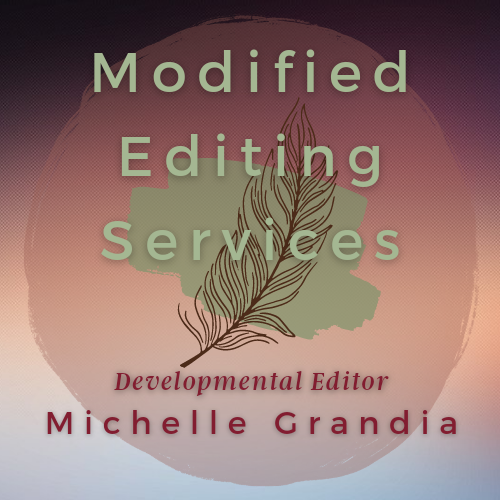We’ve all had it.
Some of my clients have had it so badly they have had to extend a section submission deadline. My understanding is unending. Sometimes words can create defeatist attitudes or self-fulfilling situations, especially if an author is already stressed. “Writer’s block” conjures harsh images, as though something beyond control is obstructing the process. Some vague, grey mass floating in front of the imagination; a wall so high and black there is no “through” or “over” to be manipulated or seen; characters standing motionless in an ever fading landscape that was once the writer’s developed world.
Phooey! Being a writer is not about giving up control and allowing some intangible blackness stop progress. Writing is a freeing of imagination, feeling, passion, and all those voices inside the mind.
I try to encourage writers with a new terminology. Writer’s Rut.
With writer’s rut one is simply mired, yet still trying to move. Wriggling back and forth, digging around, pushing hard against a tough spot, slodging through a squishy part. A rut implies there is a way out, and being stuck is temporary. Most importantly, it gives the writer the knowledge that this struggle will pass and liberation is completely in his or her control.
My suggestions are simple and obvious. Change your external world so the internal world will have a new outlet. Try leaving your office and setting up in the public library or at a coffee shop. Make a new habit, a new starting routine. Wasn’t it Hemingway who would rise early, cross his bedroom, cold and before relieving his bladder, to stand at a chest-high typewriter, pounding on the keys for a mandatory 10 minutes? I’m thinking that kind of change-up could produce something! Simplest of all, change what you write with – your tool.

Get off the computer keyboard and open a notebook. Try the clickity-clack of an old typewriter. Use a colored pencil instead of that boring black pen. Lots of talk-to-text programs exist with today’s technology – speak, say what’s on your mind. Talk to your character’s as if they were in the room with you. Just try something new.
What’s your worst Writer’s Rut experience? How did you deal with it?
Here are some great reads to help with your rut:




Excellent change of phrase Michelle! How we name our experience has a huge impact on the experience. My focus is to take the shame out of “writer’s block” and to highlight it’s just one of many forms of writer’s resistance by explaining what’s happening in the brain so writers know that resistance is normal, natural and common; the goal is not to avoid it (which is nearly impossible) but to learn now to respond to it. I hadn’t thought of renaming block the way you did.
Thanks for mentioning my book.
My pleasure! I’ve recommended your book several times.
Thanks for the recommendations!
wow, did Hemingway really do that before going to the bathroom?!! Not sure I could, ha ha! But I am desperate enough to try it! 🙂
I know I wouldn’t be able to!
For me, it is important never to name a rut a rut. So I call them breaks instead, when I write other stuff like blogs, the occasional flash fiction, read a lot, dream a lot, walk about. If I give in to despair or desperation, I’m lost!
Dreaming is the guide to all of life!
Your breaks are well-named; reading a lot, dreaming a lot, walking, writing other stuff sounds like either the First Insight or Incubation stages of the creative process. These are NOT ruts or anything to despair about; they are normal parts of creativity. Just because you’re not pouring words out doesn’t mean you’re not creating. If you’re curious about stages of the creative process, you might want to go to http://baneofyourresistance.com/2011/08/24/word-counts-work-in-1-out-of-6-stages/